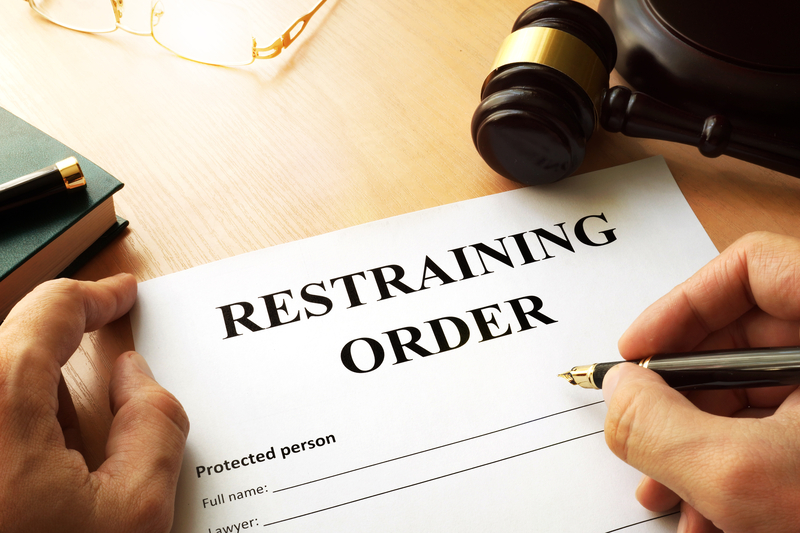Just like married couples, unmarried couples who live together still acquire stuff together (furniture, jewelry, vehicles, and real estate), and when they (hopefully never) split up, they still need to figure out who gets what.
When married people split up, we call that a divorce. But Minnesota doesn’t recognize common law marriage and so unmarried folks don’t get to file for divorce. What do we call it when unmarried people split up and need to figure who gets the house, the car, the fine china collection?
In Minnesota, unmarried parties can have their assets (both real estate and personal articles) divided through a court proceeding called a ‘partition’. Minnesota Statutes, Chapter 558.01 allows a partition action to proceed for the purpose of dividing property interests among unmarried parties.
The partition process begins like a divorce, by the issuance of a Summons and Complaint, and can be initiated by either owner, and does not required the consent of all owners. Once started, a court then decides whether to separate property (literally, split it half, thirds, whatever) and award a portion of it to each owner, called a ‘partition in kind’. Or, whether to sell the property and award the proceeds of the sale to each owner; this is called a ‘partition by sale’.
Take the example of a house that is owned by an unmarried couple. It’s generally not feasible to divide a house in two and order that the parties each take half the house. The court will try and do what is most practical, order the sale and split the proceeds between owners, or allow one owner the opportunity to buy the other party’s share.
In order to determine what each owner’s interest is worth, a court will appoint three disinterested ‘referees’, from a panel of real estate professionals, attorneys, appraisers, realtors. The referees’ job is to determine each party’s interest, then value each interest. If a party is not satisfied with the referees’ solution, then the case will proceed to a trial presided over by a judge.
It is possible to bypass the referees and have the court determine the value of each party’s share, if the parties’ individual interests can be easily determined, and, the only question is the value of the property, and how to divide it. This usually happens in cases of unmarried couples who buy a home together, and the only question is what the value of each party’s share should be, and not necessarily how best to divide the house.
There is no formula that is pre-set for a judge to follow when deciding how to divide property between multiple owners, as a partition action is an ‘equitable’ action, which means that the judge has discretion to figure out what is fair, rather than following a set of quantifiable laws. Glenwood Investment Properties, LLC v. Carroll A. Britton Family Trust, 765 N.W. 2d 112 (Minn. App. 2009).
This means that it is important for parties to a partition action to provide evidence as to what he/she contributed to the acquisition of the property. For instance, unmarried couples who cohabitate, acquire a house, car, furniture, may not always keep track of their respective contributions toward the purchase and improvement of the home. Maybe one party provided skilled labor toward building or renovating the home. Maybe one party used her/his earnings to pay down the mortgage balance. Either way, both parties made impactful contributions toward the acquisition of the home, which the court must determine the value of.
If you’re wondering how to divide property that you’ve acquired with someone who you’re not married to, it is important to remember that someone else may have to decide what or how much you take. There may be other stakeholders involved too (lien-holders, banks) that you want to be sure to include in a partition proceeding. It can be complicated, and so it is important to consult with an attorney if you’re considering taking on a partition action.
Contact Beyer & Simonson
If you are facing divorce and any of the divorce-related issues such as spousal maintenance, child support, child custody, property division, or domestic abuse matters, you need our experienced Minneapolis divorce attorneys to help you. Contact Beyer & Simonson in Edina, Minnesota today at (952) 303-6007.



